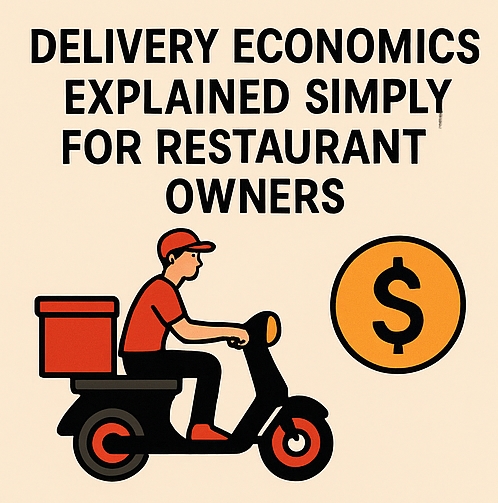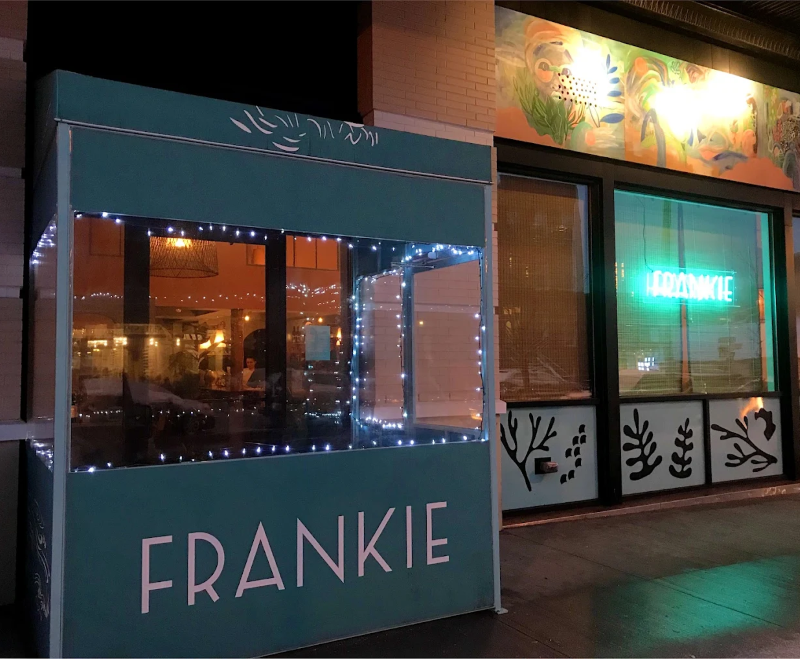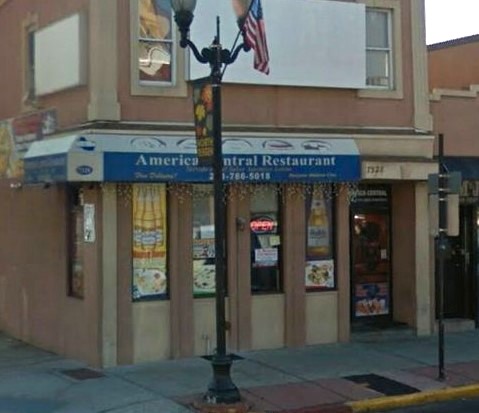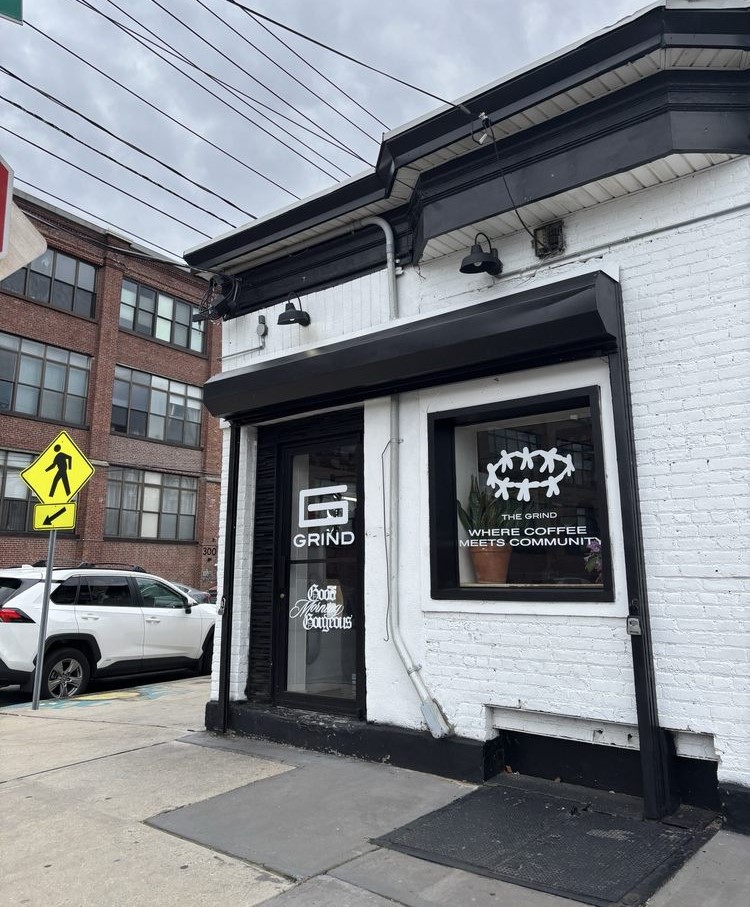Restaurant owners face a daily dilemma: Should we offer delivery? Should we partner with third-party apps? Or is it better to skip delivery altogether?
There's no one-size-fits-all answer, but there is a smarter way to approach the decision.
**The Reality of Third-Party Delivery**
Third-party apps are often seen as partners, but in truth, they act more like marketing platforms that come with hefty fees.
Here's what you're really paying for:
- Commissions ranging from 15% to 35% per order
- Service and transaction fees
- Marketing boosts that you have no control over
This means that a $50 order can quickly leave you with minimal profit.
**The Cost of Delivery**
Delivering food is more expensive than serving it in-house. It involves:
- Increased labor
- Extra packaging
- Additional prep work
- Higher risk of errors
Yet, despite these costs:
- You don't own the customer relationship
- You lack control over the delivery experience
- You can't manage refunds or complaints
You manage the kitchen, but they manage the customer.
**Smart Use of Third-Party Apps**
These apps should not form the core of your business model. Instead, they should serve as:
- A tool for discovery
- A marketing channel
- A method to attract new customers
Ultimately, the goal is to transition customers to your own website or phone system.
**When to Stop Using Them**
You might consider stopping if:
- Most orders result in losses
- Your business depends on them for survival
- You lack control over your customer base
However, continue using them if:
- You view them as advertising
- You track real profit closely
- You have a robust direct system in place
**The Importance of Local Visibility**
Platforms like WhereYouEat.com are becoming essential for local visibility. They allow you to:
- Avoid high commissions
- Retain customer ownership
- Stay independent from large platforms
**The Bottom Line**
Delivery apps aren't inherently good or bad. They're powerful when used correctly and risky when relied upon too heavily.
Smart restaurants use them as a tool, not as a crutch.





